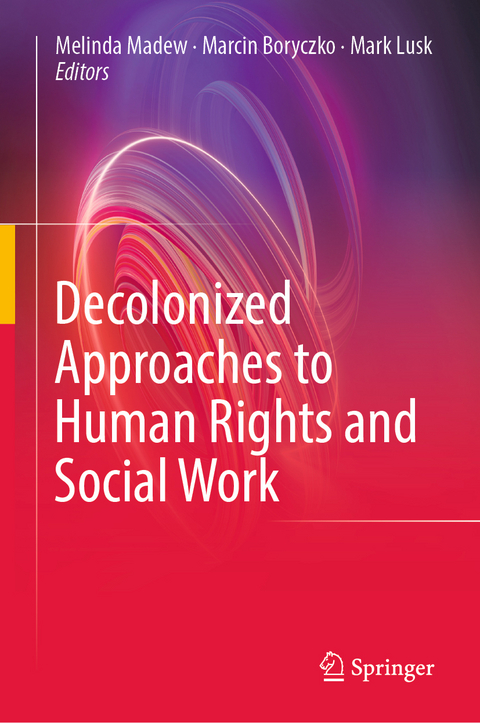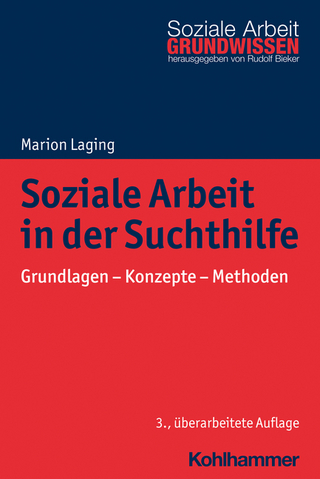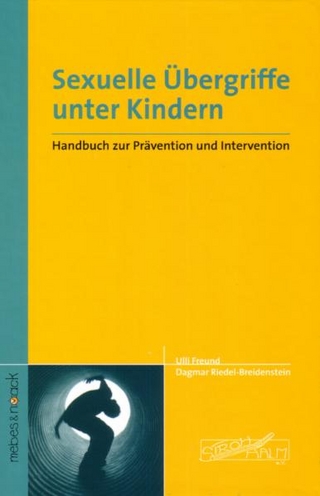
Decolonized Approaches to Human Rights and Social Work
Springer International Publishing (Verlag)
978-3-031-33029-2 (ISBN)
Despite committed effort to integrate postcolonial theory and decolonizing practices in human rights education in social work, there is scant literature offering a more balanced global perspective. This book addresses that need. Included here are discursive voices contributed by social work colleagues whose work is impacted by postcolonial realities. The task of decolonizing social work as a human rights profession calls for the inclusion of contesting perspectives from social work activists, human rights advocates and educators whose critical standpoints are drawn from the historical context of Global North-South relations. This book is essential given the many manifestations of global injustice, wars and climate catastrophes. The critical involvement of social workers in decolonized human rights advocacy is at no period in history, more urgent than now.
The book:
- Engages readers in reflective discourse over the contentious manner human rights principles are referenced by social work practitioners within the context of contemporary North-South geopolitics
- Explores dilemmas, conflicts, challenges and limitations experienced by social workers worldwide while upholding human rights principles
- Uses critical case studies that expose how the vestiges of colonialism continue to impact communities
- Identifies areas of human rights advocacy where social work succeeds, and where it is confronted by limiting challenges
- Emphasizes the importance of human rights education and practice in the context of global inequalities
Decolonized Approaches to Human Rights and Social Work provides models of good practice the world over in human rights advocacy. It is timely and essential reading for faculty who teach courses in social work, social development, community organization, human rights and social justice, as well as for students in social work, law, sociology, global studies and human rights. The book should draw readers who work in non-governmental organizations, international development agencies, advocacy groups, and community-based and grassroots organizations. International research centers, law clinics and organizations serving migrants and refugees would find it a useful resource.
lt;p>Melinda Madew is Professor in International Social Work at the Protestant University of Applied Sciences Ludwigsburg, Germany and a Research Associate of the University of Johannesburg, South Africa. She serves as Board Member of the European Social Work Research Association. Her teaching and research are in the areas of gender politics, postcolonial social work and indigenous knowledge and practice in community organizing. She has served as education and research consultant for international development organizations. She conceptualized and implemented international projects under the auspices of European Union educational programs for North-South university collaboration.
Marcin Boryczko is an associate professor at the University of Gdansk, Poland, where he teaches Social Work on bachelors and masters levels. He serves in the board of several international and national associations such as the Polish Federation of Social Workers and Social Service Employees Unions (Polska Federacja Zwiazków Zawodowych Pracowników Socjalnych i Pomocy Spolecznej), the European Social Work Research Association, the International Advisory Board of the European Social Work Research Journal, and Polish representative in the International Federation of Social Workers (IFSW). His main research interests include social work education, critical social work theory, human rights, decolonization, neoliberal governmentality, and populism in Central Europe.
Mark Lusk is a faculty member in the School of Social Work at New Mexico State University. Professor Lusk was Senior Fulbright Scholar at the Catholic University of Peru in Lima and also a Fulbright Research Scholar at the Catholic University of Rio de Janeiro in Brazil. He currently works with forced migrants and refugees from Central America and Mexico and related human rights issues. Dr. Lusk was founding director of the School of Social Work at Boise State University (Idaho) and has served as Associate Provost at the University of Georgia.
Part I - Social Work and the Decolonization Project .- Chapter 1 - Human Rights and the Decolonization of Social Work.- Chapter 2 - Relativism, Universalism and Pluriversality in Human Rights.- Part II - History of Social Work as a Human Rights Profession.- Chapter 3 - Interrogating the Colonial Past: The Conflicting History of Social Work as a Human Rights Profession.- Chapter 4 - The Postcolonial Present and a Decolonized Future for Social Work.- Chapter 5 - Kinship Care, Responsibility and Self-Determination: Exploring African Individual and Community Rights in Decolonized Social Work.- Part III - Human Rights Mandate in Social Work.- Chapter 6 - Mapping Basic Human Rights Instruments.- Part IV - Situating Human Rights in the Global North-South Divide.- Chapter 7 - Postcolonial Europe and its Premises for Decolonization.- Chapter 8 - Decolonized Approaches to Human Rights and Social Work in the United States. Chapter 9 - Challenging Coloniality in Social Work Theorizations on Human Rights.- Part V - Decolonized Approaches in Human Rights Advocacy.- Chapter 10 - Understanding the U.S.-Mexico Border Through a Decolonial Lens.- Chapter 11 - Decoding a Colonial Impact - The Women's Movement in India.- Chapter 12 - From Anti-Colonial Revolutionaries to Subversive Feminists - Women in the Philippines.- Chapter 13 - Colonial History of Territorial Dislocation and Landlessness - Indigenous Peoples and Farmers' Food Sovereignty in the Philippines.- Chapter 14 - Lessons from Social Movements: Farmers and Food Sovereignty in India.- Chapter 15 - Decolonizing Social Work Education.- Chapter 16 - A Path Forward for Social Work, Human Rights and Decolonization.
| Erscheinungsdatum | 14.07.2023 |
|---|---|
| Zusatzinfo | XVIII, 294 p. 2 illus. |
| Verlagsort | Cham |
| Sprache | englisch |
| Maße | 155 x 235 mm |
| Gewicht | 625 g |
| Themenwelt | Sozialwissenschaften ► Pädagogik ► Sozialpädagogik |
| Sozialwissenschaften ► Soziologie | |
| Schlagworte | abolitionist social work • anti-oppressive global social work • Anti-racist social work • competence in human rights advocacy skills • critical social work in international context • Decolonial Studies • decolonizing approaches in community development • decolonizing social work education • global north-south divide and human rights • indigenous peoples' ecological world view • International social work • lessons from social movements • postcolonial present and decolonized future • Social Justice • social work and human rights • social work in the global south • State Authoritarianism, Racism and Xenophobia and human rights |
| ISBN-10 | 3-031-33029-3 / 3031330293 |
| ISBN-13 | 978-3-031-33029-2 / 9783031330292 |
| Zustand | Neuware |
| Haben Sie eine Frage zum Produkt? |
aus dem Bereich


